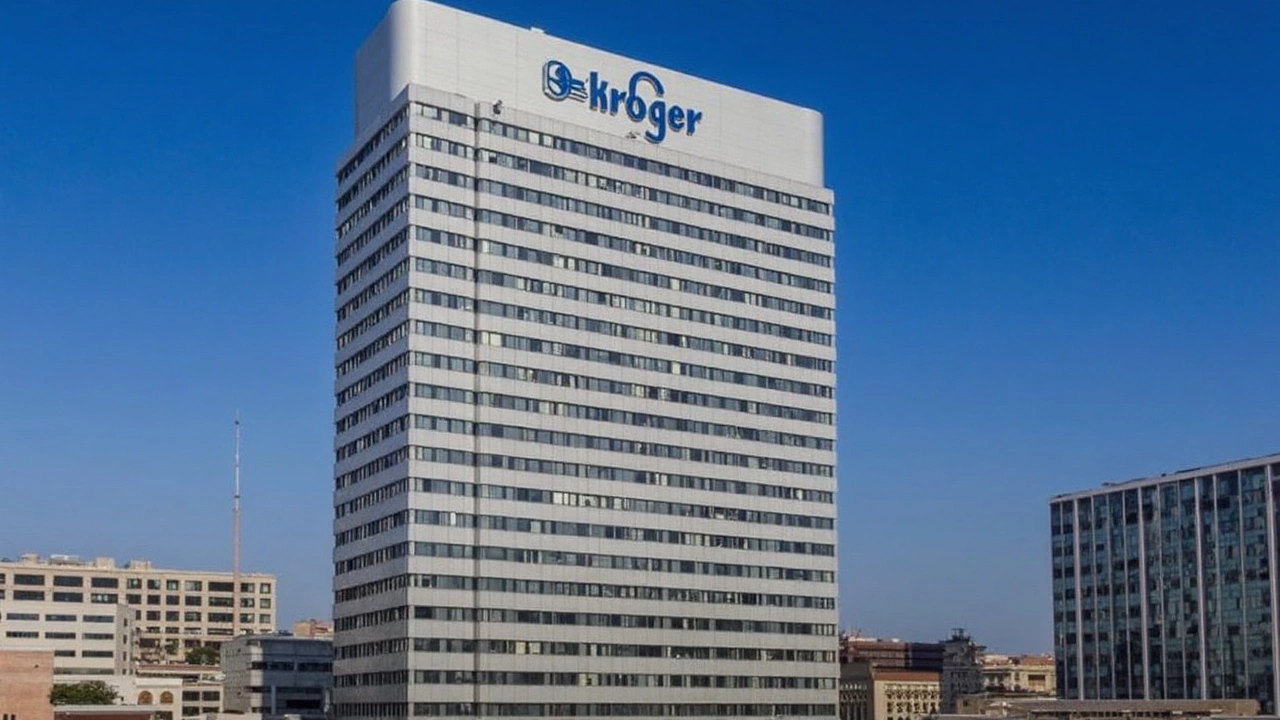Kroger Shakes Up Grocery Landscape with Planned Store Closures
For a lot of folks, grabbing groceries at Kroger is second nature. But that's about to change for many communities as Kroger Co. has just announced a major shakeup: over the next year and a half, roughly 60 Kroger grocery stores—about 5% of its current locations—will shut their doors. This move is the biggest cutback by the supermarket giant in years, and it will ripple across 16 states, hitting places like Indiana, Kentucky, Texas, Tennessee, Michigan, Georgia, and Ohio the hardest.
Kroger isn’t tossing this decision out lightly. Closing these stores will cost around $100 million upfront, mostly covering lease terminations, worker expenses, and operational winding down. What’s the point? Kroger says this will free up cash that can be funneled directly into making shopping better for loyal customers. That means everything from sprucing up stores to investing in digital experiences. Still, for neighborhoods losing their go-to grocery spot, it’s a tough pill to swallow.
Who's Losing a Kroger? Details Remain Under Wraps
One thing Kroger isn’t revealing yet: which exact stores are taking the hit. The company operates under several familiar banners—think Baker’s, City Market, and Dillons—but it’s keeping quiet about which will be affected for now. Why? To keep the focus on helping impacted employees and to avoid disruptions before they’re ready to make things official. Still, with so many states involved, the odds are high that if you live in the Midwest or South, your local Kroger could be at risk.
Kroger did stress that employees in closing stores won’t be left hanging. The plan is to offer everyone a spot at neighboring locations. So while communities may lose a store, staff shouldn’t be forced into sudden unemployment—that’s a promise the company repeated in its statement. For longtime employees, it means a stressful transition, but at least one with some options on the table.
This restructuring news comes alongside Kroger’s Q1 2025 earnings. While total sales ticked down slightly, dropping to $45.1 billion from last year’s $45.3 billion, executives were eager to point out a silver lining. Stripping out fuel and specialty pharmacy sales, the sales actually grew by 3.7%. Meanwhile, operating profit rose from $1.29 billion to $1.32 billion, and adjusted earnings per share hit $1.49 compared to $1.43 a year before.
There’s no sign so far that these closures will mess with Kroger’s broader financial targets for the year, which is a relief for investors. For everyday shoppers, though, the focus is already on what comes next. With grocery competition fiercer than ever thanks to chains like Walmart, ALDI, and even Amazon’s push into food retail, Kroger is making a gamble that trimming some stores now means a stronger company later. Whether customers will see this as an upgrade or just another corporate retreat from small-town America, only time will tell.
